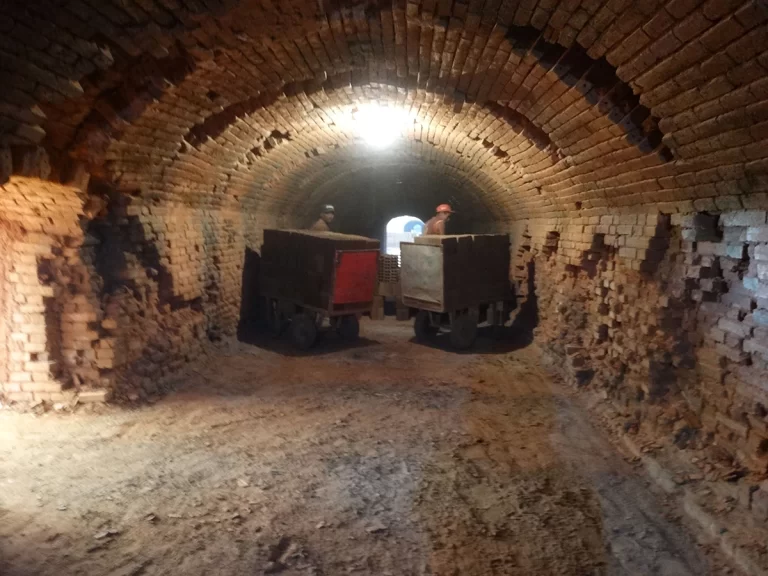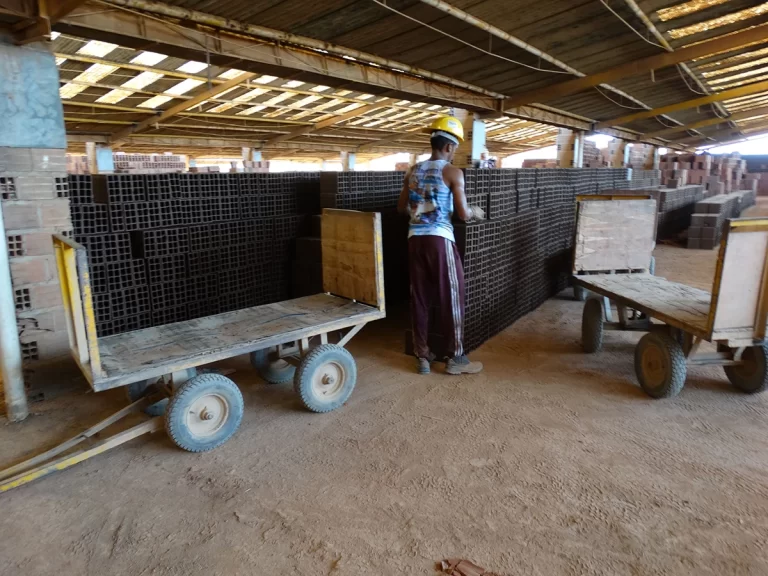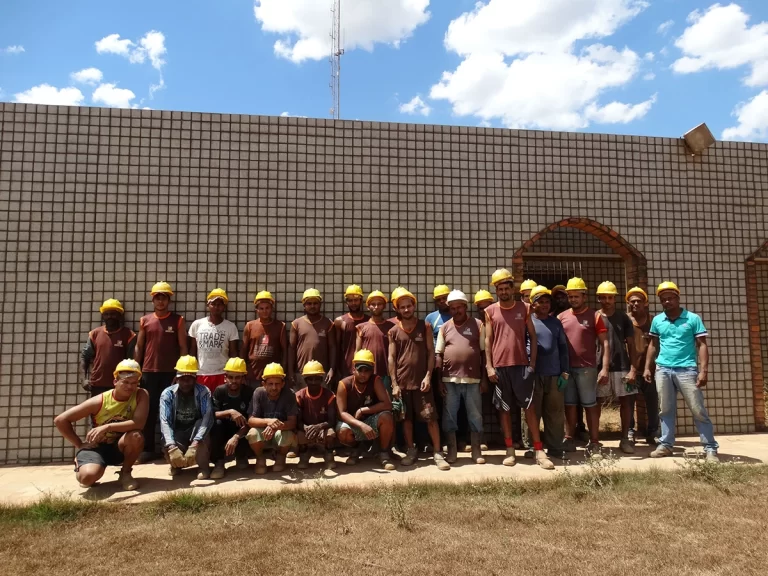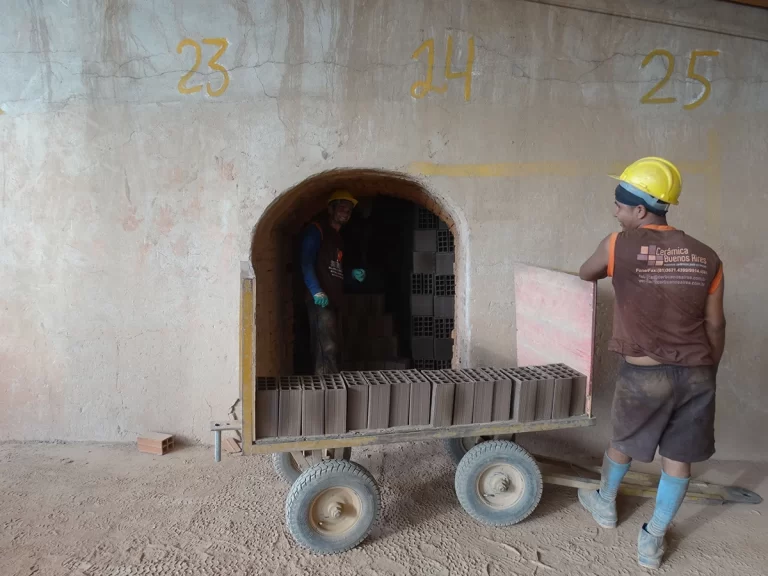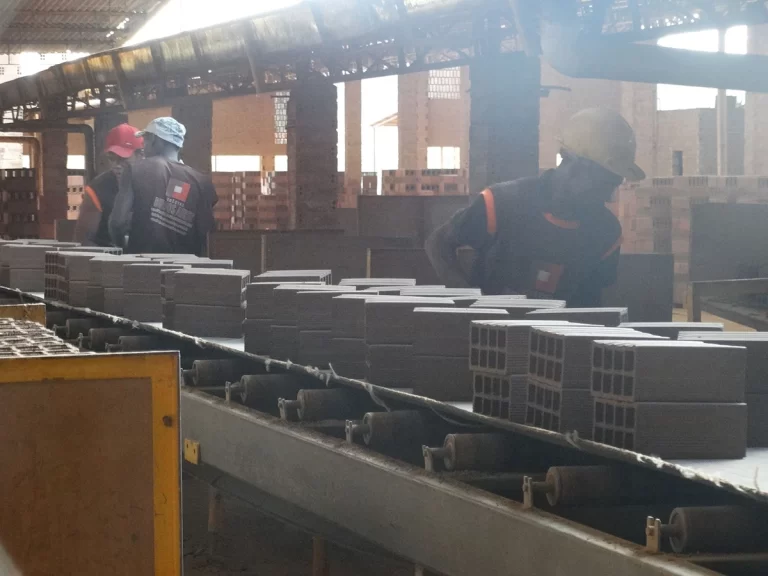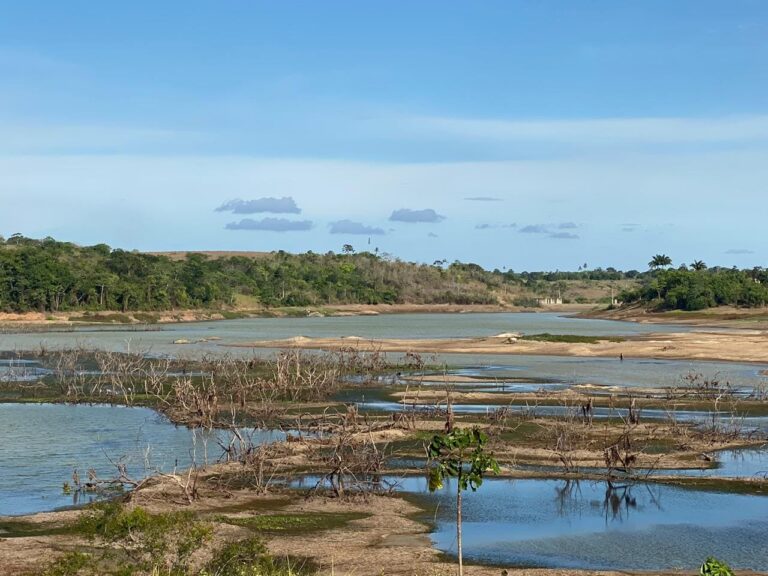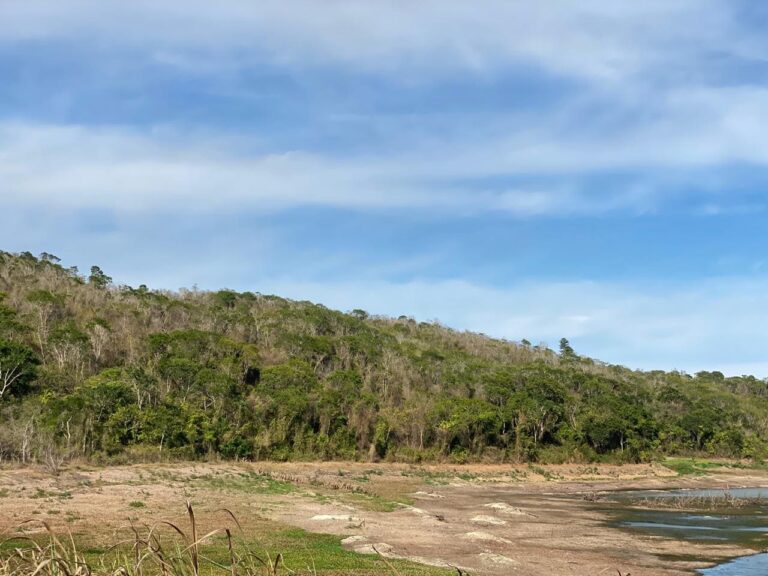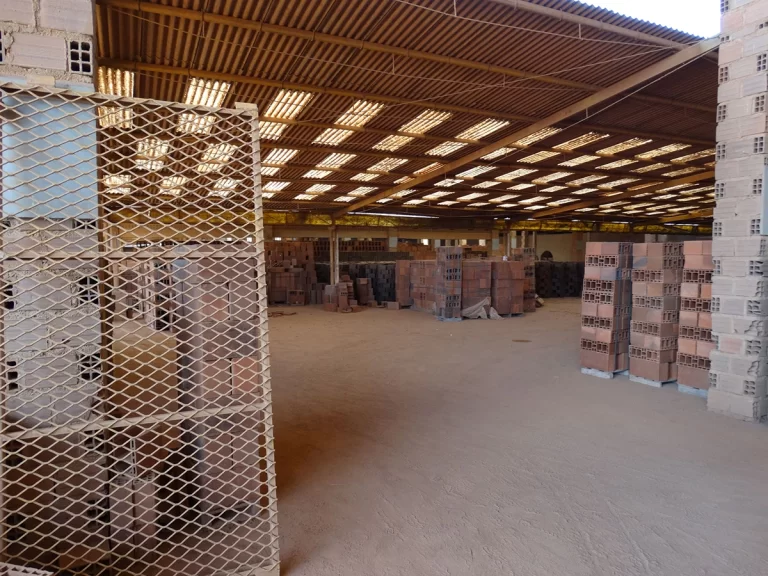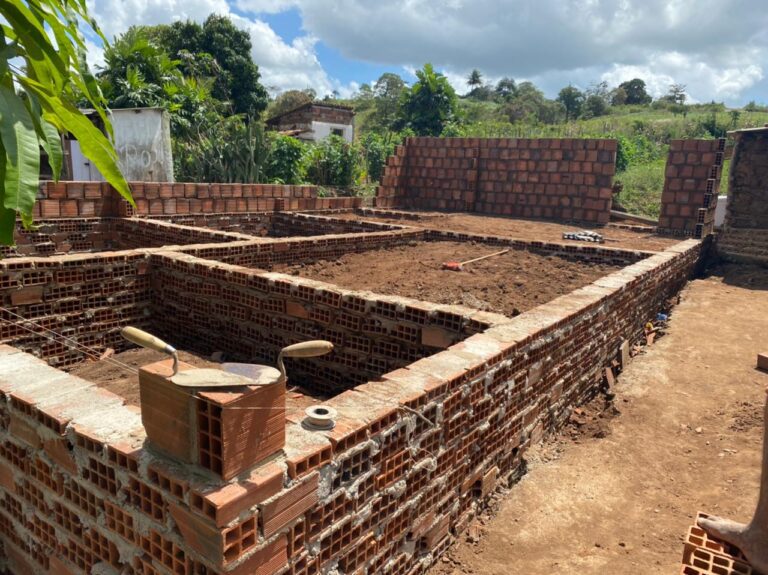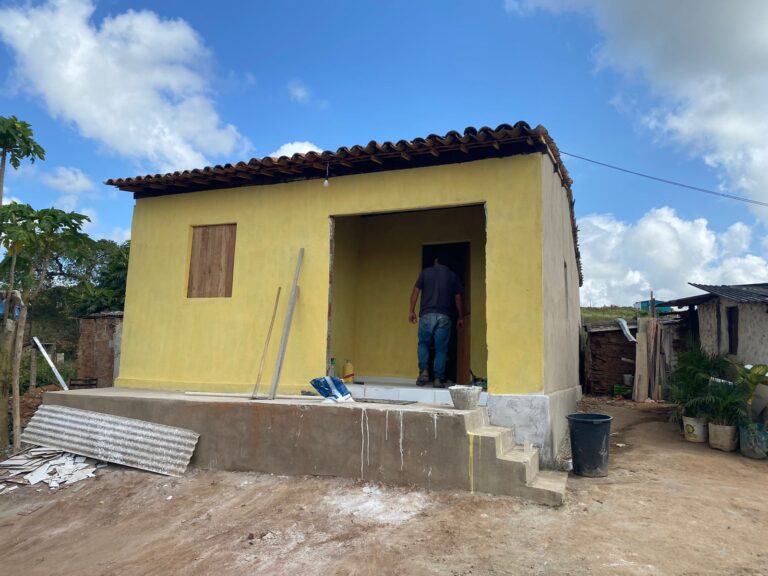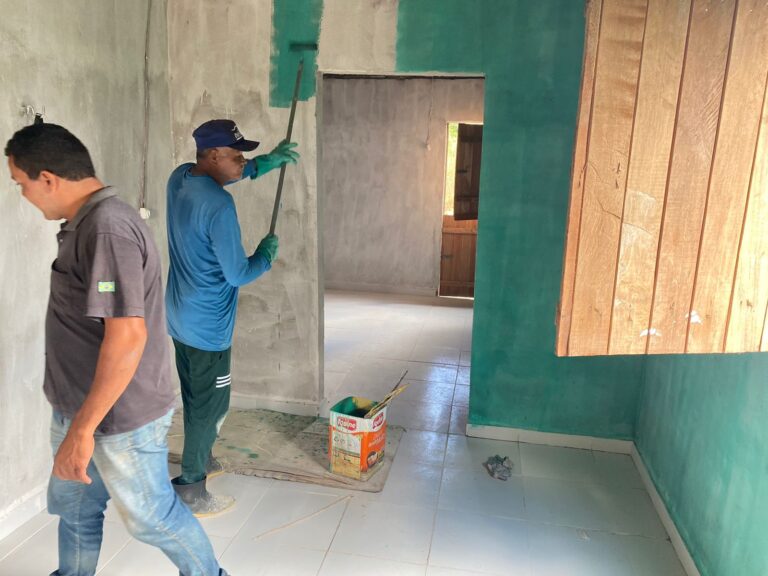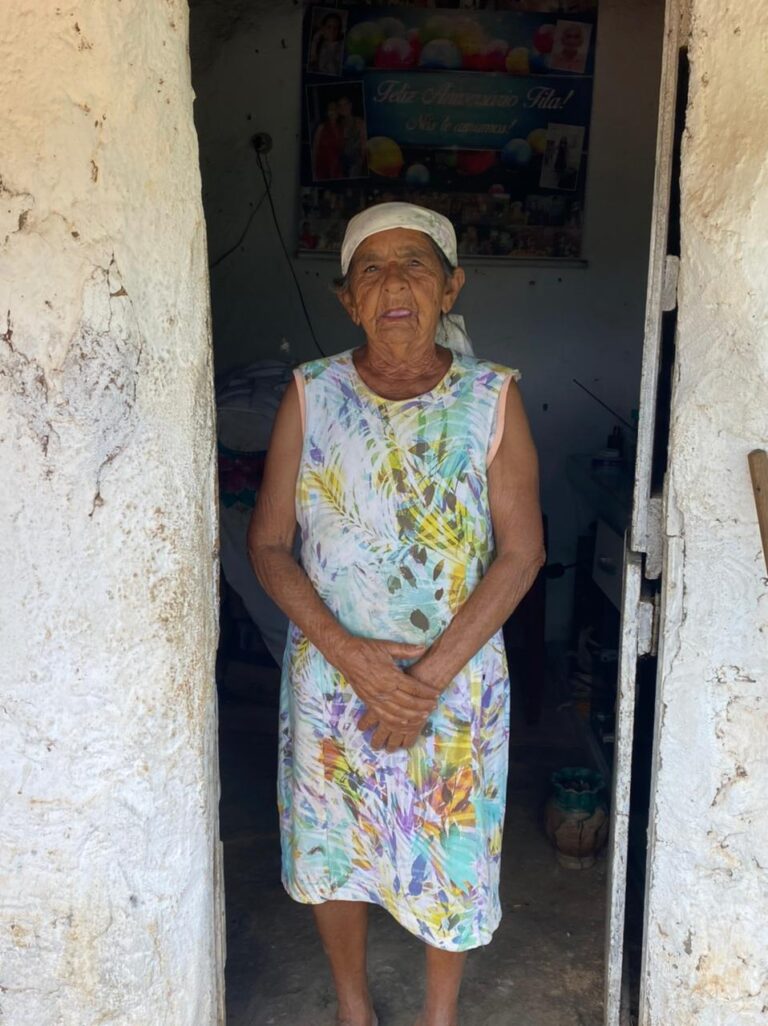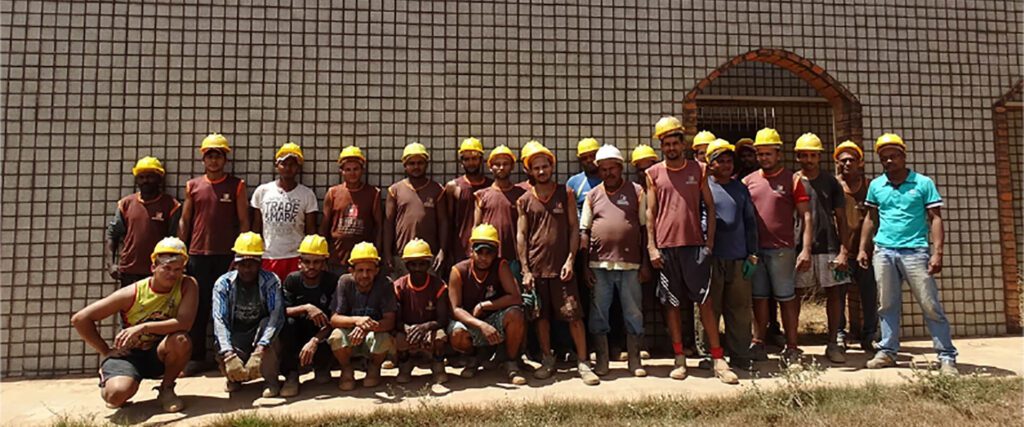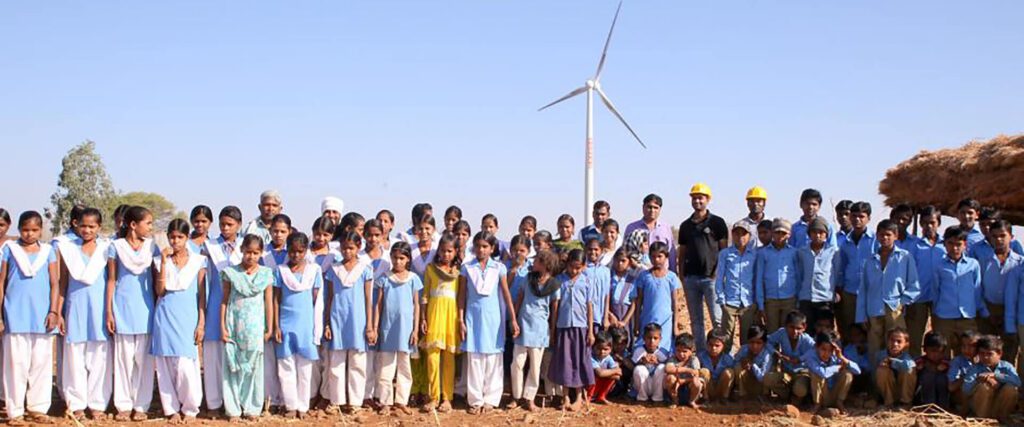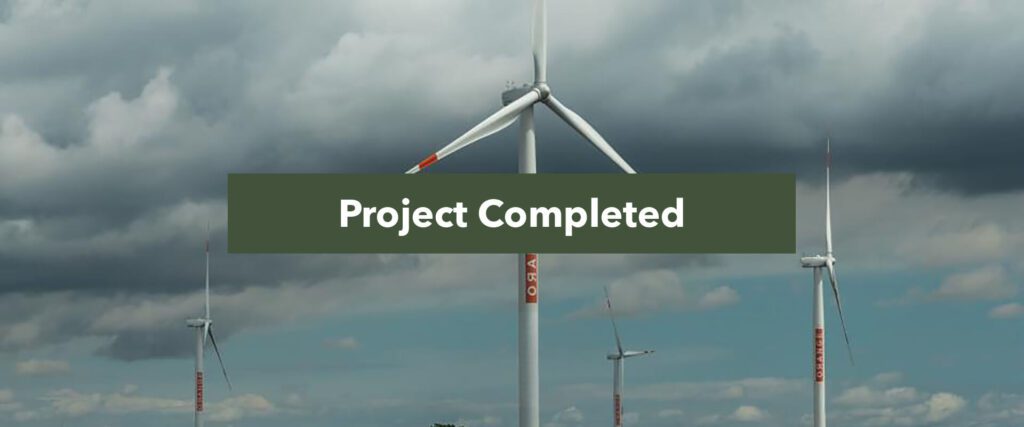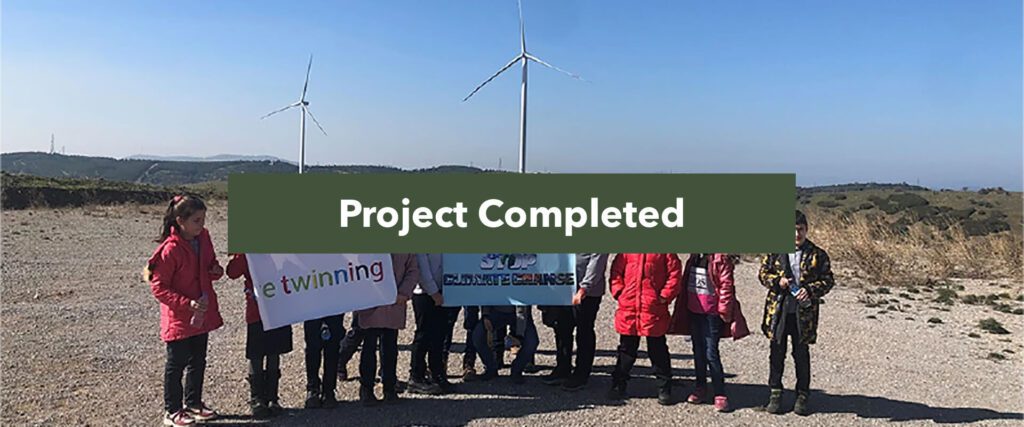UN Sustainable Development Goals supported on this project
Ensure access to affordable, reliable, sustainable and modern energy for all
Promote sustained, inclusive and sustainable economic growth, full and productive employment and decent work for all
Take urgent action to combat climate change and its impacts
Read more about the Sustainable Development Goals
Based in a region prone to poverty and severe drought, this initiative tackles one of the major causes of deforestation in Brazil: illegal logging.
The project is located in the Caatinga, an exclusively Brazilian biome, which occupies around 844,453 Km², around 11% of the whole country territory. Despite being rich in natural resources, the Caatinga is one of the most threatened ecosystems on the planet. In a region where the shortage of rivers leads to less access to electric energy, native firewood and charcoal account for 30% of the total energy utilised in the industries of the region, which has intensified the local deforestation.
The Buenos Aires project has switched the fuel used by a ceramic factory from illegal firewood to agricultural and industrial residues. This biomass would have otherwise been discarded as waste, so the fuel switch not only transforms residues into something useful, but also enables many local individuals to make a living – or complement their income – by supplying biomass waste directly to the factories.
Furthermore, the reduction in indoor air pollution from the switch has substantially improved working conditions for employees, with automated kilns that reduce heat exposure. The carbon project has become an important component of the ceramic’s plans for expansion, involving new technology, improvements in work conditions and environmental management as value added for the business.
Among the community, employees and suppliers, more than 110 families directly benefit from the project’s activities, in addition to the indirect impact from donations provided to local families (housing and food donations), educational and sports institutions in the region, such as the sponsorship of a soccer team and a folk group in Pernambuco.
This project alleviates deforestation, avoids greenhouse gas emissions and promotes a more sustainable supply chain: it does this whilst also improving the livelihoods of local communities and employees. Making good, better.
Project Developer
Sustainable Carbon
Project impacts and benefits:
- Generation of income to local communities
- Improved working conditions to employees (91 employees);
- Avoidance of deforestation – 1,970 ha of forest saved in the course of 10 years, the equivalent to 1900 football pitches;
- Avoidance of GHG emissions – 132,953 tons of CO2e avoided in 10 years.
